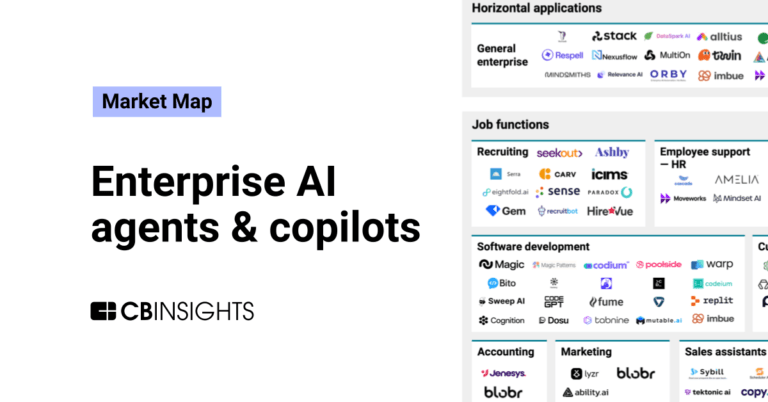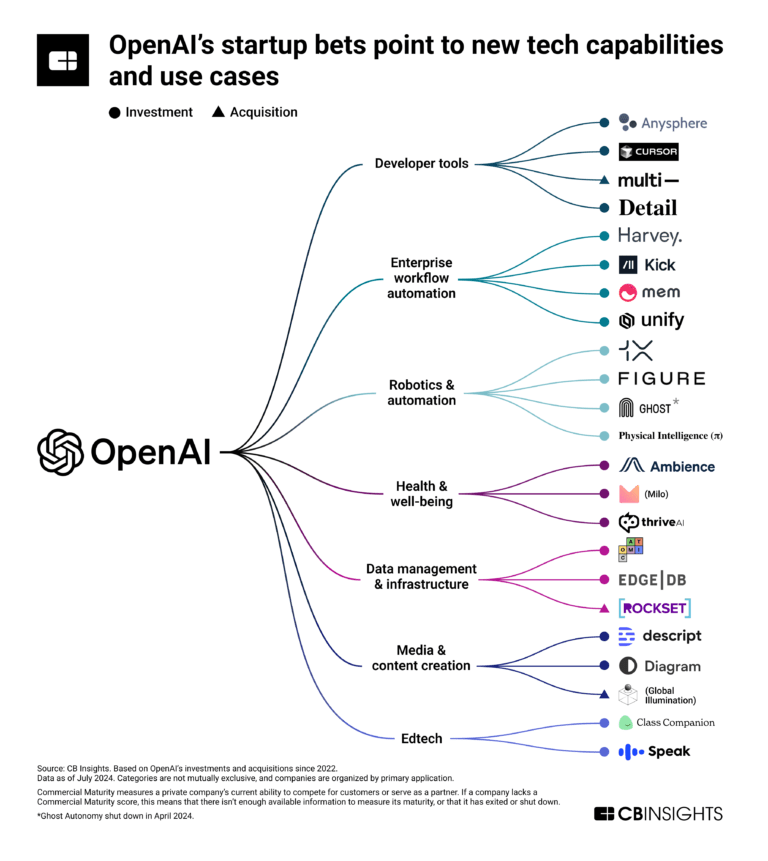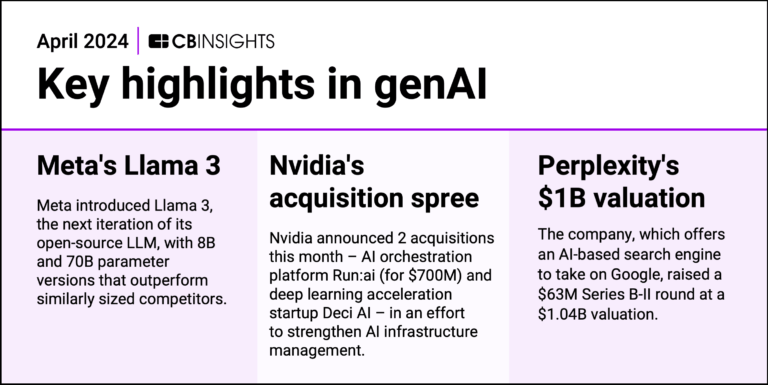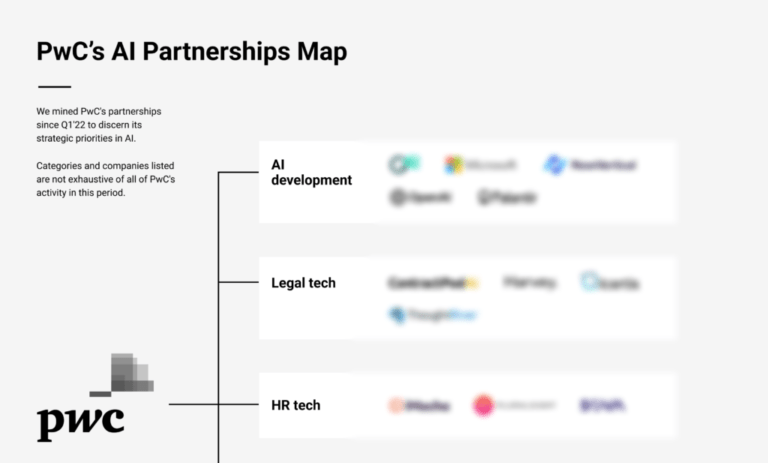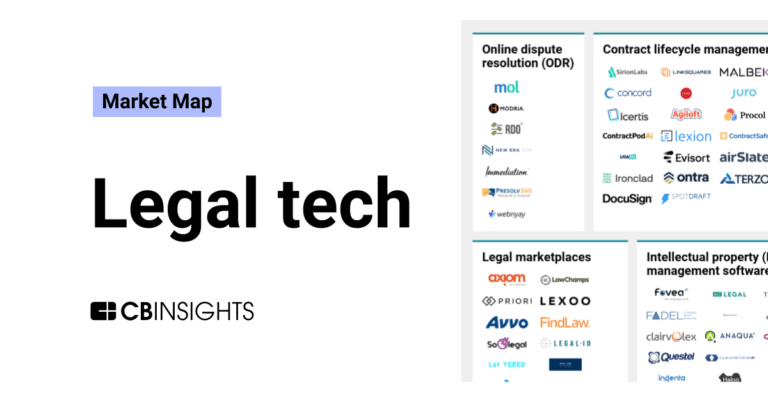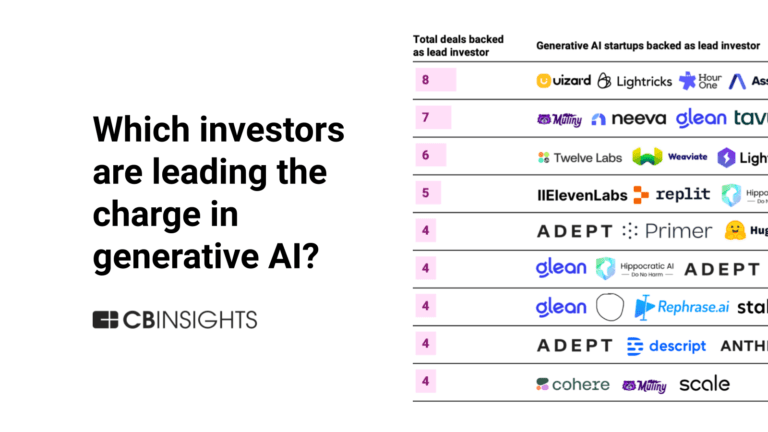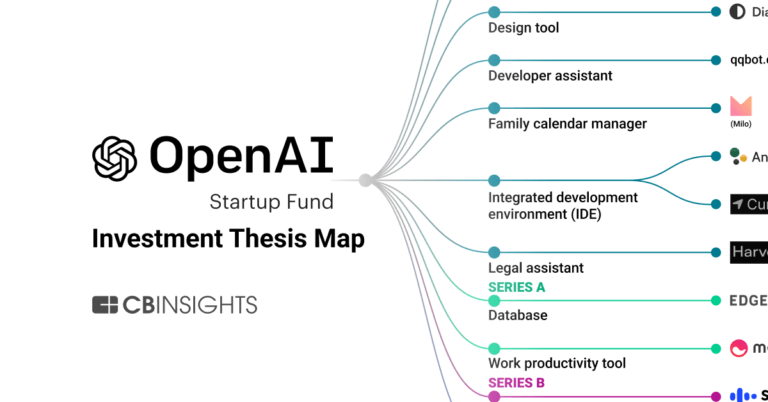
Harvey
Founded Year
2022Stage
Series C | AliveTotal Raised
$206MValuation
$0000Last Raised
$100M | 2 mos agoRevenue
$0000Mosaic Score The Mosaic Score is an algorithm that measures the overall financial health and market potential of private companies.
+77 points in the past 30 days
About Harvey
Harvey serves as a generative AI company specializing in the legal sector, providing AI-driven solutions for professional services. The company offers a platform for legal workflows with domain-specific models for research, drafting, analysis, and document management. Harvey's primary clientele includes lawyers and law firms seeking to augment legal processes with AI tools. It was founded in 2022 and is based in San Francisco, California.
Loading...
ESPs containing Harvey
The ESP matrix leverages data and analyst insight to identify and rank leading companies in a given technology landscape.
The legal AI agents & copilots market provides AI-powered tools that follow natural language instructions to assist lawyers in their day-to-day work. Common functionalities of these solutions include document summarization, contract review and revision, and legal research. Most companies in this market use generative AI technology as the basis for their solutions.
Harvey named as Leader among 9 other companies, including Luminance, Casetext, and Leya.
Loading...
Research containing Harvey
Get data-driven expert analysis from the CB Insights Intelligence Unit.
CB Insights Intelligence Analysts have mentioned Harvey in 8 CB Insights research briefs, most recently on Aug 7, 2024.
Expert Collections containing Harvey
Expert Collections are analyst-curated lists that highlight the companies you need to know in the most important technology spaces.
Harvey is included in 5 Expert Collections, including Unicorns- Billion Dollar Startups.
Unicorns- Billion Dollar Startups
1,244 items
Artificial Intelligence
15,091 items
Companies developing artificial intelligence solutions, including cross-industry applications, industry-specific products, and AI infrastructure solutions.
AI 100
100 items
Generative AI 50
50 items
CB Insights' list of the 50 most promising private generative AI companies across the globe.
Generative AI
863 items
Companies working on generative AI applications and infrastructure.
Latest Harvey News
Sep 13, 2024
The OpenAI o1 release, which marks the beginning of a new wave of generative AI models with far greater reasoning capabilities, looks set to have a profound impact on legal AI generally and make agentic flows far more capable. As OpenAI announced: ‘We’ve developed a new series of AI models ( see here ) designed to spend more time thinking before they respond. They can reason through complex tasks and solve harder problems than previous models.’ And what do lawyers do all day? The read stuff and they write things, but that’s not what they’re really paid for. One of their core values is reasoning – and very complex reasoning at that. Hence, if genAI can reason far better it will provide much more value and have much more impact in the legal domain. Another aspect is improving agentic workflows, i.e. were the LLM is given a series of tasks, perhaps via a single prompt, and the ‘agent’ gets to work until the job is completed. Fundamental to this is reasoning – or rather, reasoning would greatly improve what it can do. An agent that just ‘ploughs ahead’ is not much use if it encounters a problem it doesn’t ‘understand’, one that can pause and reason, then act could be very valuable in the legal sector. Legal tech companies are already impressed with what OpenAI o1 can do. Scott Stevenson, CEO of Spellbook, told this site: ‘It is ridiculously good. One of the things it is going to be really good at is document revision (e.g. many edits across a document based on instructions). It was very hard to do that well using GPT-4.’ Meanwhile, Harvey stated that: ‘This new model offers substantial improvements on Harvey’s leading indicators of model performance. We’re thrilled to start building the next generation of legal agents and workflows with this new series of models.’ Now, about those agents. As Harvey points out in their blog on OpenAI o1, reasoning along clear objective lines is great, but…..the law is contextual and subjective. How do you leverage this reasoning capability – perhaps within an agentic flow – if you have to engage with this subjectivity? Harvey believes they have a solution ( see here ). They explain: ‘In particular, OpenAI o1’s reasoning capabilities are optimized for largely deterministic problems, like those presented in coding and math. ‘Law and professional services, in contrast, generally present problems deeply rooted in context – where most reasoning requires considering multiple sides of a problem and making judgment calls that draw on subjective context. ‘A more generalist model can struggle to plan and reason in these contexts, thinking linearly and myopically about solutions which can lead it even further astray than prior, less thoughtful models. ‘To solve this problem, Harvey’s legal and ML research teams [will] work closely, both in-house and with partners at OpenAI to identify ways to align models for these domain-specific reasoning problems. From identifying and curating relevant datasets, to generating novel forms of human data, these teams work interdisciplinarily to ensure models think about and solve problems the same way lawyers do. ‘Harvey’s legal and ML research teams [will] work to align new model capabilities to domain-specific reasoning problems by supplementing foundation models with legal and process data.’ In short, they will refine the way the new range of o1 models reason so they handle the contextual subtleties experienced in legal work. And, if you can do that, then you can build even more effective agents that don’t get stumped when they encounter a problem, but can then reason around it and continue. And that would be a major boost to efficiency in the legal domain. – So, there you go. It’s not the ‘God LLM’ some dream of, that solves everything all at once, but it looks like a solid step forward, especially in areas where legal tech companies are very excited to explore, i.e. the agentic aspect, or in more prosaic language: the ability to do a bunch of things one after the other without you having to tell it what to do. In short, it’s like having a really, really good associate working for you. Or, at least that’s the plan. Plus, just consider the speed of change here. ChatGPT arrived in November 2022. That is less than two years ago. We are now at the point of rapidly improving models with – it is claimed – much better reasoning. In another two years, where will we be? Are law firms preparing realistically for this? Are the clients getting to grips with this as well? Consider this: a junior associate joining a firm this autumn may spend let’s say eight-plus years before they get up into the junior partner ranks – if they are lucky and that’s the path they want. Now, consider where genAI and legal tech will be in 2032. Yep. Makes you wonder what we will be able to achieve. Exciting times to be writing about legal AI. Share this:
Harvey Frequently Asked Questions (FAQ)
When was Harvey founded?
Harvey was founded in 2022.
Where is Harvey's headquarters?
Harvey's headquarters is located at 575 Market Street, San Francisco.
What is Harvey's latest funding round?
Harvey's latest funding round is Series C.
How much did Harvey raise?
Harvey raised a total of $206M.
Who are the investors of Harvey?
Investors of Harvey include Elad Gil, OpenAI Startup Fund, Kleiner Perkins, Sequoia Capital, SV Angel and 6 more.
Who are Harvey's competitors?
Competitors of Harvey include Leya, Case Status, DeepJudge, Alexi, Cognitiv+ and 7 more.
Loading...
Compare Harvey to Competitors

Darrow operates as a legal data security platform. It develops an artificial intelligence (AI) based data engine that ingests large amounts of publicly-available documents to search for class action litigation potential across areas like data privacy violations and environmental contamination. The company was founded in 2020 and is based in New York, New York.
LawDroid is a company that focuses on providing artificial intelligence and automation tools for the legal industry. The company offers products that assist in legal research, drafting emails and letters, summarizing documents, and automating law firm operations, all aimed at improving productivity and client experience. LawDroid primarily serves the legal industry. It is based in Long Beach, California.

Gavel specializes in automation infrastructure solutions within legal services. The company offers a platform that enables legal professionals to streamline their work, collaborate with clients, and generate new forms of revenue. This is achieved through data gathering, document automation, and the creation of robust client-facing legal applications. The company was formerly known as Documate. It was founded in 2018 and is based in San Francisco, California.
Alexi specializes in generative artificial intelligence (AI) for the legal sector. The company offers artificial intelligence (AI) powered services that assist litigators in conducting legal research, crafting legal narratives, and outlining relevant arguments. Alexi primarily serves the legal industry, with customers ranging from solo and small firms to large law firms and in-house counsel. It was founded in 2017 and is based in Toronto, Canada.

LegalMation focuses on providing artificial intelligence solutions in the legal sector and offers a suite of generative AI tools that help litigation attorneys and other legal professionals by dynamically producing formatted legal documents such as responsive pleadings, discovery requests, and responses, all tailored to the specific legal case at hand. LegalMation primarily serves corporate legal departments and law firms. It was founded in 2016 and is based in Los Angeles, California.
Legalyze.ai specializes in artificial intelligence solutions for the legal sector, focusing on case data management and document analysis. The company offers a platform that enables law firms and legal departments to create summaries, timelines, and procedural documents efficiently, as well as provide insights and answers to specific questions about case documents. It was founded in 2023 and is based in Dallas, Texas.
Loading...
